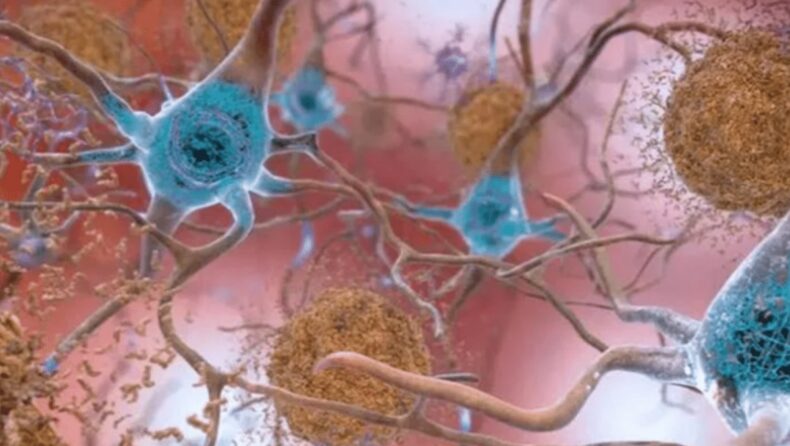- Beijing’s Capital Medical University examined a patient’s body experiencing memory loss for the previous two years.
- He was later determined to have a progressively worsening form of Alzheimer’s disease.
Researchers from Capital Medical University, Xuanwu Hospital (Beijing) in China diagnosed the patient with a unique brain condition. The 19-year-old student had gradual memory loss from the previous 2 years. As a result, the disease was preventing him from finishing high school.

Dr. George Perry, renowned neurologist, and journal editor-in-chief, commented that the present case highlights the heterogeneous character of dementia, which can affect people of any age. Significantly, the discovery set disease apart from the difficulty of aging and allowed for the development of fresh ideas for any innovation. However, Perry was not a part of the present investigation.
According to a study published in the Journal of Alzheimer’s Disease, a Chinese student was the youngest teenager identified as an patient. The authors confirmed that a 19-year-old patient exhibited extensive memory loss and hippocampus shrinkage, an early symptom of the illness. However, the young man was identified as the youngest patient after having all the primary symptoms of the diseases.
The Research Findings
The symptoms started in the patient when he was about 17 years old. According to the study, he started having trouble paying attention in class, quickly deteriorating to short-term memory loss a year later.
The adolescent regularly misplaced his belongings and forgot what had happened the day before. The teenager struggled to read and even had slow reaction times. He also forgot whether he had eaten, and his memory deteriorated. He had to drop out of high school eventually.
A team of doctors observed that the teenage patient’s memory was shown to be considerably impaired memory after using the World Health Organization and the University of California Los Angeles-based Auditory Verbal Learning Test.
The researchers noted that other patients had not been diagnosed with Alzheimer’s under 30 age, although they had known genetic mutations associated with the disease. The scientist claimed that this is the youngest case ever reported to meet the diagnostic criteria for disease without known genetic mutations. Before the registration of the 19-year-case patient, a 21-year-old with a gene mutation was the youngest individual to have received an diagnosis.
The Basics of Alzheimer’s Diseases
Alzheimer’s is the most prevalent type of dementia, resulting in memory loss and changes in thinking and behavior. However, the situation is exceptionally prevalent because older people with deteriorating conditions are the primary victims.
According to the Alzheimer’s Association of Canada, 2 to 8% of all dementia cases are thought to be caused by young-onset dementia. There are about 28,000 Canadians under 65 who have early-age dementia. The Mayo Clinic reported that the three genes such as APP, PSEN1, or PSEN2, can potentially be passed down from a family member and may carry elevated risks of getting Alzheimer’s.
Less than 1% of Alzheimer’s patients have the three genes, but about 11% of young cases of dementia have all three genes. Although age is still the most significant risk factor for Alzheimer’s, the present study hopes to raise awareness of young dementia. According to the researchers, one of the most complex scientific challenges in the future includes separating young people with Alzheimer’s disease.

The Early Signs of Alzheimer’s
The disease’s early symptoms include forgetting recent conversations, events, or objects. Alzheimer’s disease eventually leads to severe memory loss issues.
The patient who suffers from Alzheimer’s disease shows the following symptoms:
- Narrate their thoughts repeatedly
- Fail to recall a conversation
- Out-of-place objects
- wander aimlessly
- Eventually unrecognized family member.
- Not able to come up with the correct words













